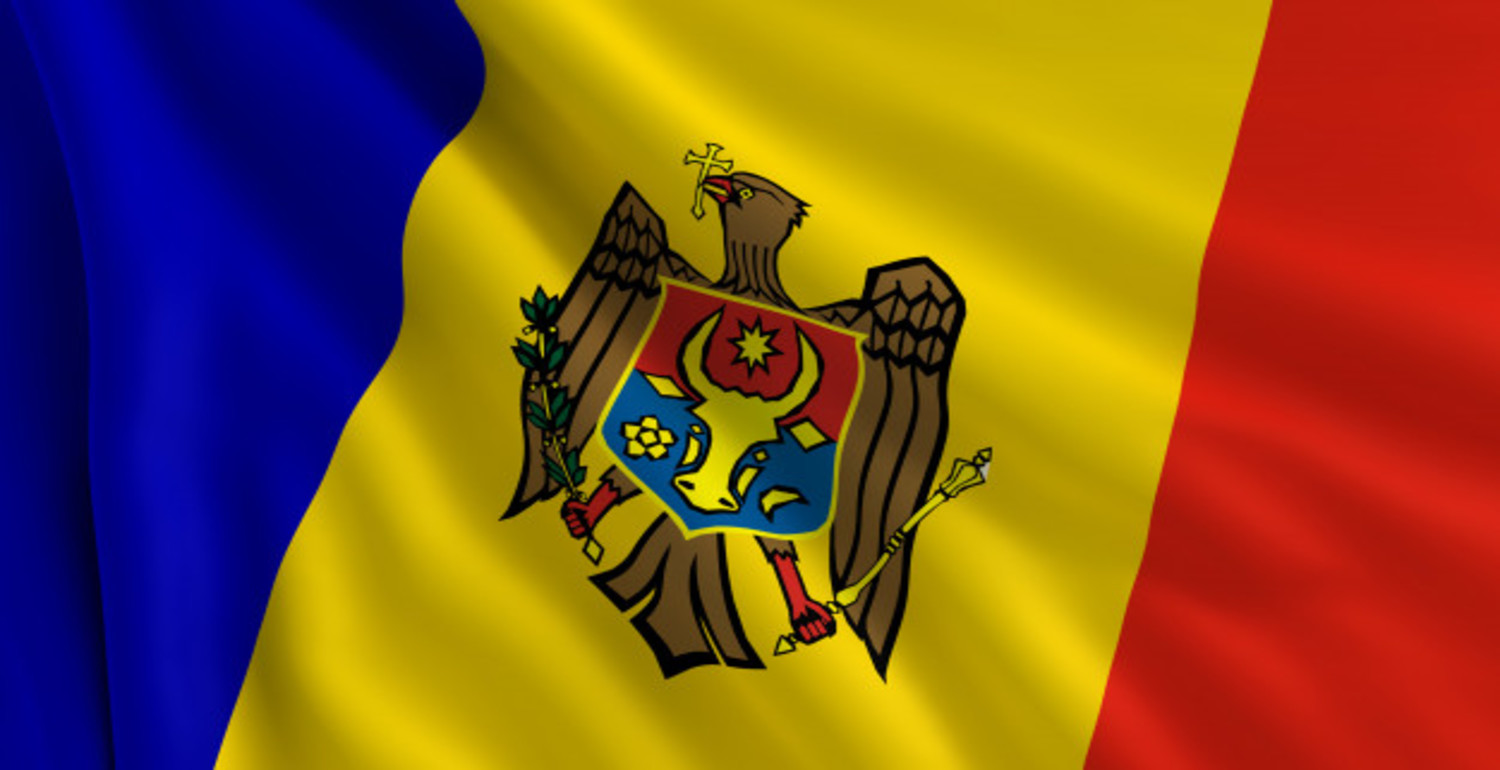Moldova

BRIEFING – Moldova’s European Future
Nov 12, 2024Rayburn House Office Building, Room 2255 Stream live: https://youtube.com/live/B76e_GgOb0Q WASHINGTON— On October 20, the Republic of Moldova faced a dual-measure ballot: presidential elections alongside a constitutional referendum to authorize accession […]

Moldova’s European Future
Nov 12, 2024On October 20, the Republic of Moldova faced a dual-measure ballot: presidential elections alongside a constitutional referendum to authorize accession to the European Union. Despite systemic disinformation, intimidation, and vote-buying […]

U.S. Helsinki Commission Leadership Congratulates Pr...
Nov 04, 2024WASHINGTON—Today, U.S. Helsinki Commission Chairman Representative Joe Wilson (SC-02), Co-Chairman Senator Ben Cardin (MD), Ranking Member Representative Steve Cohen (TN-09), and Ranking Member Senator Roger Wicker (MS) issued the following […]

Supporting A Democratic and Secure Moldova
Jul 12, 2023In recent years, Moldova has made notable steps to improve its democratic institutions and combat corruption. President Maia Sandu and her Party of Action and Solidarity (PAS) have spearheaded wide-ranging […]
Hearing: Supporting a Democratic and Secure Moldova
Jul 06, 2023Wednesday, July 12, 2023 2:00 pm Cannon House Office Building, Room 210 Live stream: https://www.youtube.com/watch?v=jm-R6rfQbCo In recent years, Moldova has enacted numerous reforms under current Moldovan President Maia Sandu to […]
Helsinki Commission Applauds European Commission Rec...
Jun 22, 2022WASHINGTON—Following the European Commission’s recommendation that Ukraine and Moldova be granted EU candidate status, Helsinki Commission Chairman Sen. Ben Cardin (MD), Co-Chairman Rep. Steve Cohen (TN-09), and Ranking Members Sen. […]
Helsinki Commission Recognizes Key Contributions fro...
Mar 08, 2022WASHINGTON—In light of Russia’s continued criminal war on the peaceful citizens of Ukraine, Helsinki Commission Chairman Sen. Ben Cardin (MD), Co-Chairman Rep. Steve Cohen (TN-09), Ranking Member Sen. Roger Wicker […]
Sweden’s Leadership of the OSCE
Jun 11, 2021In 2021, Sweden chairs the world’s largest regional security organization—the Organization for Security and Cooperation in Europe (OSCE)—which comprises 57 participating States stretching from North America, across Europe, and to […]
COVID-19 Vaccination Rollouts Expose Underlying Ineq...
Jun 07, 2021By Michelle Ngirbabul, Max Kampelman Fellow, and Shannon Simrell, Representative of the Helsinki Commission to the U.S. Mission to the OSCE More than one year into the COVID-19 pandemic, over […]
Swedish Foreign Minister Ann Linde to Appear at Hels...
Jun 03, 2021WASHINGTON—The Commission on Security and Cooperation in Europe, also known as the Helsinki Commission, today announced the following online hearing: SWEDEN’S LEADERSHIP OF THE OSCE Priorities for 2021 Friday, June […]

Helsinki Commission Commemorates 45 Years of Advanci...
Jun 03, 2021WASHINGTON—To commemorate the 45th anniversary of the Commission on Security and Cooperation in Europe, also known as the U.S. Helsinki Commission, on June 3, Chairman Sen. Ben Cardin (MD) and […]
OSCE Ministerial Council Appoints Top Leaders, Adopt...
Dec 21, 2020By Shannon Simrell, Representative of the Helsinki Commission to the U.S. Mission to the OSCE Foreign ministers of the 57 OSCE participating States convened on December 3 – 4, 2020, […]
